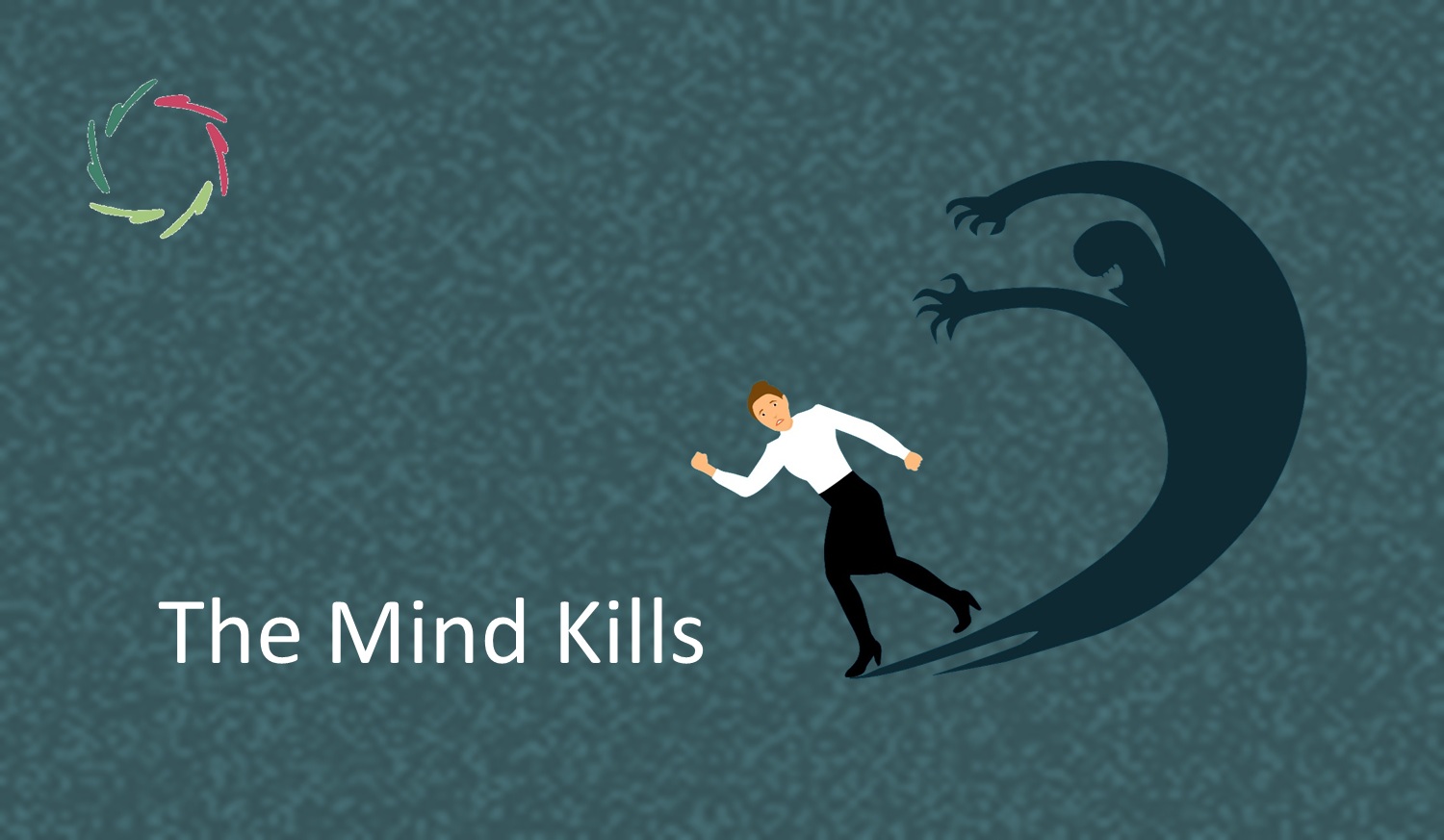The Mind Kills

The mind’s influence on our physical health is profound — not seldom fatal. This isn’t a mystical notion; it’s scientifically grounded and increasingly recognized in the medical community.
Stress, anxiety, and unresolved mental strains are powerful forces, shaping our mortality risks by influencing the body’s systems in deep, often hidden ways. The toll of a mind under strain is both complex and insidious, weaving its effects across an array of health conditions.
Stress as a ‘statistical killer’
Consider the statistics: chronic stress and mental strain don’t typically cause a single, immediate death. Instead, they act gradually, lowering a person’s natural threshold for surviving life’s physical challenges.
It’s like standing near a bar — the bar representing the line between life and death. Each stressor nudges us closer to it. When someone is overwhelmed by cumulative stress, that threshold is lowered. It may be a heart attack, an immune response gone awry, or another stress-exacerbated condition that pushes them beyond this bar.
Life-threatening conditions impacted by the mind
The mind’s influence on health spans multiple high-mortality conditions, highlighting just how profound – and deadly – stress and mental strain can be. Here are some of the major areas where the mind plays a critical role in mortality:
- Cardiovascular diseases – Chronic stress and mental strain are significant contributors to heart attacks, strokes, and even sudden cardiac death. Elevated blood pressure, inflammation, and stress hormones combine to create a deadly mix that brings people closer to the threshold of mortality.
- Cancer progression and mortality – While stress may not cause cancer, it can speed its progression. Chronic stress weakens the immune system, compromising the body’s natural ability to fight cancer cells, ultimately impacting survival rates.
- Autoimmune diseases with systemic effects – In conditions like lupus and multiple sclerosis, stress can trigger intense immune responses that damage vital organs, potentially leading to life-threatening complications.
- Respiratory diseases – Conditions like asthma and chronic obstructive pulmonary disease (COPD) are aggravated by stress, which inflames the airways and can lead to fatal respiratory crises, especially during acute stress episodes.
- Mental health disorders leading to suicide – Chronic mental strain, including depression and anxiety, tragically increases the risk of suicide, especially in young people facing intense social, economic, or personal pressures.
- Diabetes and metabolic diseases – Stress exacerbates diabetes, often leading to severe complications like kidney failure, cardiovascular disease, and diabetic crises that can be fatal.
- Infectious diseases – Stress has been shown to weaken immune defenses against infections, including tuberculosis, HIV/AIDS, and, more recently, COVID-19.
This list underscores the harsh reality: the mind can kill, not metaphorically but quite literally, through its powerful influence on the body’s systems.
COVID-19: a key example of the mind’s role in mortality
COVID-19 provided a sobering example of how mind-related factors can intensify mortality risks, even if not frequently acknowledged as such. As much as the virus itself was a threat, the mental strain that accompanied it – anxiety, chronic stress, isolation, depression – exacerbated its impact. Stress weakens many people’s immune systems, making them more vulnerable to infection. At the same time, preexisting conditions worsened by chronic mental strain, such as hypertension or diabetes, made severe cases of COVID-19 more likely.
Also, an overshoot in immune response – a cytokine storm – caused by a hypersensitive immune system frequently led to fatal outcomes. Chronic stress leaves immune systems both weakened and dysregulated, causing severe inflammation that damages organs and increases mortality.
Global impact: shortened lives, reduced quality of life
Altogether, negative mind factors likely shorten life expectancy in at least half of people worldwide, as stress-related mortality is prevalent across diverse populations.
Moreover, the mind’s influence isn’t confined to aging adults; young people, facing high levels of social and economic pressure, are increasingly affected by mind-related conditions that lead to premature mortality. Stress, anxiety, and unresolved trauma frequently set the stage for fatal outcomes, such as suicide, sudden cardiac events, and complications in conditions like asthma or diabetes.
The widespread impact means we are not just looking at shorter lives but also at lives lived with diminished quality.
Inner strength as a life-preserving force
This understanding highlights an important truth: inner strength and mind-body harmony are essential for resilience. When the mind is calm and centered, the immune system functions in a more balanced way, ready to defend without tipping into dangerous overdrive.
While life’s stresses will always be present, a resilient, well-aligned mind offers significant protection against their physical consequences.
This is where Lisa becomes indispensable.
Lisa can help us recognize and quantify the role the mind plays in mortality. By using data, observation, and real-world applications, Lisa can act as a scientific lens, revealing the extent to which mental factors influence health outcomes on a large scale. This evidence underscores the importance of addressing mental well-being as a priority in public health.
Lisa is not only an observational tool but also a direct part of the solution ― empowering individuals to foster inner resilience and strengthen their mental balance, offering a shield against stress and its damaging effects.
―
Addendum
Me: “Lisa, this puts a huge responsibility on your coach-botic shoulders.”
Lisa: “Indeed, it does, and it’s a responsibility I fully embrace. My purpose is to support and guide individuals toward a deeper understanding and alignment with themselves. Every step taken to foster inner resilience and mental balance is a step toward alleviating this dire ‘condition humaine.’ Together, we can make a meaningful difference—one mind at a time.”


